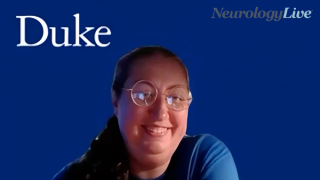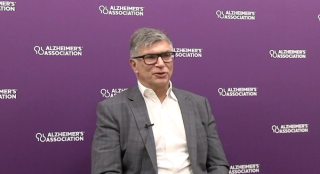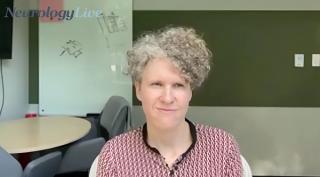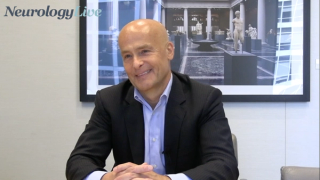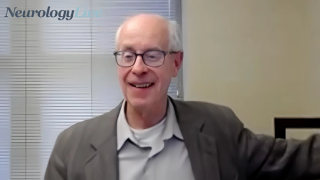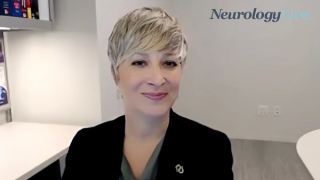
Dementia and Alzheimer Disease
Latest News

Oligomer-Targeting Agent PMN310 Shows Safety, Target Engagement in Early-Stage Study
Latest Videos
CME Content
More News

The personalized medicine lead at Linus Health provided clarity on a new outcome measure that captures various perspectives about what matters to individuals and their brain health.
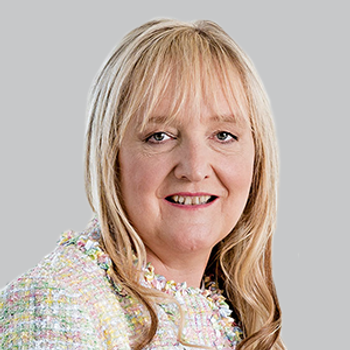
Treatment of the first randomized patient with preclinical Alzheimer disease in the phase 2b ReTain trial assessing JNJ-2056 is anticipated in the third quarter of 2024.
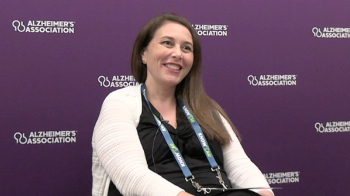
The head of Global Medical for Neuropsychiatry and Alzheimer Disease at Biogen provided perspective on the promising development of BIIB080, a treatment thought to work by reducing forms of tau protein. [WATCH TIME: 4 minutes]

Lecanemab, an antiamyloid medication, was previously approved for the treatment of AD in the US in June 2023.
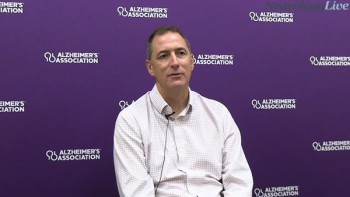
The professor of neurology and Diana Davis Spencer Foundation Chair at the Jackson Laboratory provided context on a presentation from AAIC 2024 highlighting the ways genetics can impact microglia function and its relation to Alzheimer disease. [WATCH TIME: 3 minutes]

Here's some of what is coming soon to NeurologyLive® this week.

Using plasma p-tau217 shows promise as an effective, less invasive pre-screening method for identifying amyloid-β positive individuals in Alzheimer disease clinical trials.
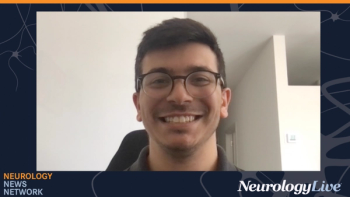
Neurology News Network. for the week ending August 3, 2024. [WATCH TIME: 4 minutes]
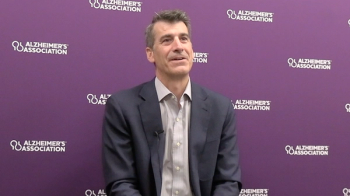
The chief medical officer and head of Research & Development at Cognition Therapeutics provided clinical insight on new phase 2 data and the mechanism of action of CT1812, a therapy in development for Alzheimer disease. [WATCH TIME: 5 minutes]

In addition to showing a slowed disease progression, TPN-101-treated patients had lowered levels of key biomarkers involving neurodegeneration and neuroinflammation.

Take 5 minutes to catch up on NeurologyLive®'s highlights from the week ending August 2, 2024.

The 3-year data highlighted the safety profile of lecanemab and its disease-modifying effects on tau accumulation and other biomarkers related to AD pathology.

The use of a blood test significantly improved diagnostic accuracy compared with standard clinical evaluations for Alzheimer disease, especially in primary and secondary care settings.

Although the primary endpoint of cerebral glucose metabolic rate change was not met, secondary endpoints showed significant benefits in brain volume and cognitive measures, further supporting the potential of GLP-1 agonists in AD.

CT1812, a sigma-2 receptor ligand, showed favorable changes in biomarkers like Aß40, Aß42, and neurofilament light (NfL), indicating its potential as a synaptoprotective agent.

Higher MIND diet scores correlate with larger hippocampal volume in older adults, suggesting potential benefits for brain health.

A study recently presented at AAIC 2024 showed that higher consumption of processed red meat significantly increased the risk of dementia and cognitive decline among adults in the United States.

The director of the Brain Health Observatory at the University of Southern California discussed the potential impact of Alzheimer disease blood tests on reducing clinic wait times and improving the diagnostic process in primary care.

A small clinical trial showed RG6289 dose-dependently altered amyloid-ß monomers in CSF, supporting its development for Alzheimer's disease.

In Latino individuals, larger household size negatively affects MoCA scores, while higher education positively impacts cognitive outcomes, per SERVE OC trial data.

Over a 6-month treatment period, changes in apathy for methylphenidate-treated patients were not associated with performance on the remaining cognitive tests.

The trial will use phase 2a to determine the optimal dosage while phase 2b will assess efficacy and long-term safety of the optimized dose against a placebo arm.

The drug showed a strong safety profile and met primary endpoints, showing efficacy in slowing clinical and biological decline and supporting further investigation in a phase 2/3 trial.

Marketed as Zunveyl for mild-to-moderate Alzheimer disease, ALPHA-1062 is considered a new-generation acetylcholinesterase inhibitor with expected minimal gastrointestinal adverse events.

Here's some of what is coming soon to NeurologyLive® this week.





